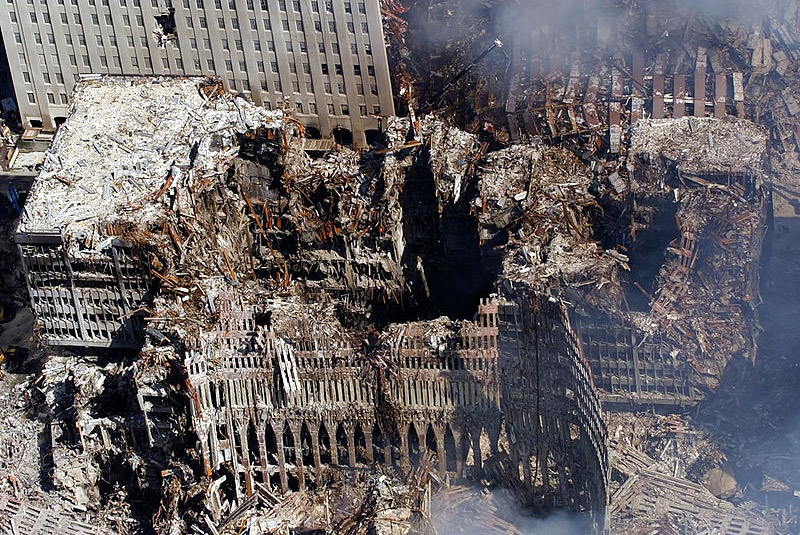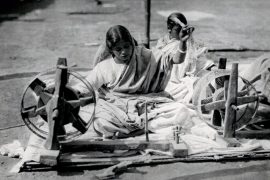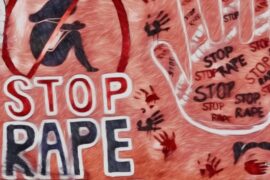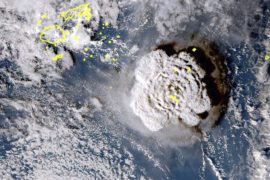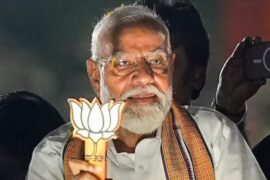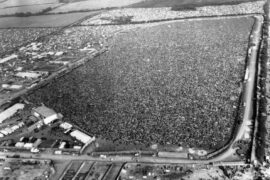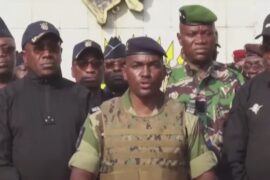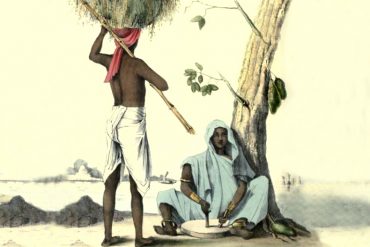On the morning of September 11, 2001, Al-Qaeda, the terrorist organisation, launched a series of coordinated attacks on American soil. This changed the world. A paradigm shift took over in American and global politics, as 9/11 witnessed not only the hijacking of the airliners that smashed into The World Trade Center and the Pentagon killing almost 3000 people but also the hijacking of the American mass psyche.
Nothing would be the same anymore, not even journalism – which went from a profession of imperfect but largely sincere observers and reporters to one comprising inordinate phalanxes of foot-soldiers embroiled in the ideological wars of the 21st century.
Renowned communication thinker Marshall McLuhan stood vindicated, albeit in a tragic irony, as the fourth estate entered an era it has been unable to escape since, a media landscape where “the medium is the message.”
“When Al-Qaeda attacked Washington and New York, [then] President George W. Bush declared: ‘you are with us or you are with the terrorists.’ With that single statement, the world changed for journalists. Instead of a conflict that could be defined in terms of physical space, or clearly demarcated resources, we saw a war over a set of ideas [the Western civilisational idea versus that of Islamic extremism] – a battle between two opposing world-views,” reflects Australian journalist Peter Greste, a former correspondent at Al Jazeera.
-30-
Copyright©Madras Courier, All Rights Reserved. You may share using our article tools. Please don't cut articles from madrascourier.com and redistribute by email, post to the web, mobile phone or social media.Please send in your feed back and comments to [email protected]

